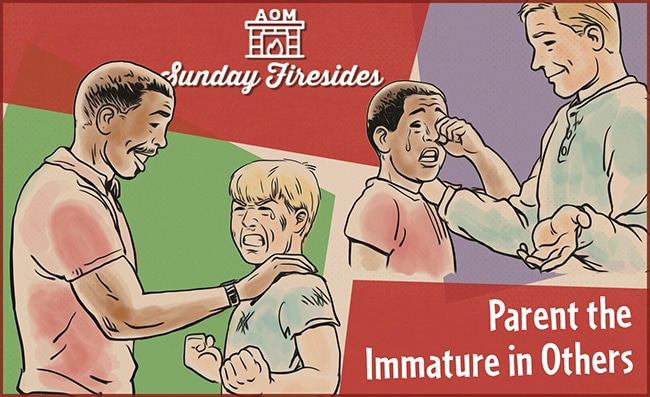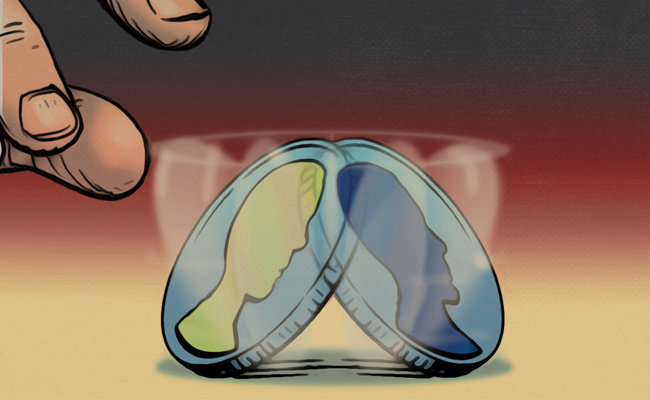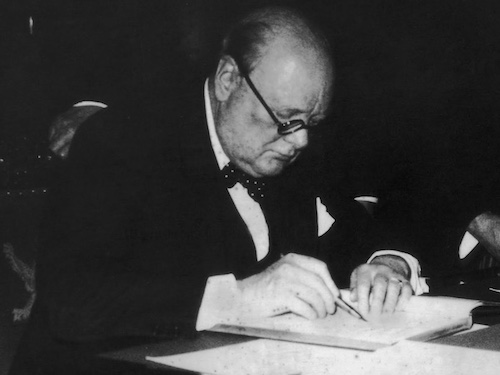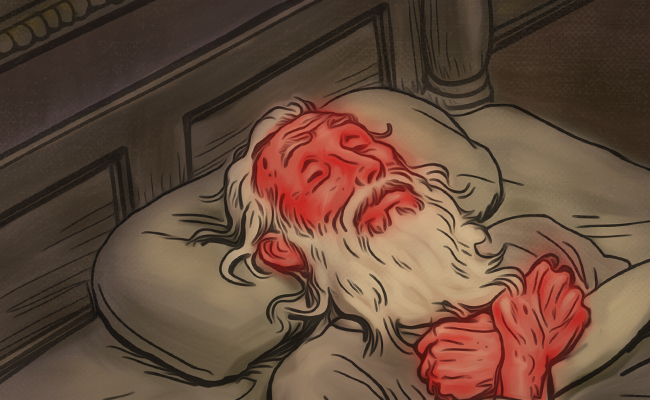
We tend to think of immaturity and maturity as dichotomous, uniform states. Once you leave behind the former and enter the latter, you’re mature through and through.
Yet, in reality, maturation follows a patchwork pattern of progress.
Even when you’re a generally got-it-together grown-up, some parts of yourself will exhibit all the sagacity of an octogenarian, while others better resemble a six-year-old than a thirty-something.
Maybe you approach your exercise routine with reliable discipline, but budget your money with spendthrift abandon.
Maybe you react to receiving criticism with stoic equilibrium, but respond to having your birthday forgotten with perturbed petulance.
Maybe you can give a presentation at work with perfect confidence, but can’t approach an attractive woman without sweat-inducing fear.
Maybe you lead with a steady hand in times of great crisis, but lose your cool in the face of everyday setbacks.
Because all adults possess immature weaknesses, there are ways in which we all remain as children.
Because all adults possess mature strengths, there are ways in which we all can serve as mentors to that which is childlike in others.
As the midcentury writers Harry and Bonaro Overstreet put it, “All through life we have to take turns, as it were, being ‘parents’ to one another — because we all take turns at being children.”
When we’re interacting with a spouse, a friend, or even a stranger, we’ll occasionally bump against the parts of their make-up that feel more elementary in age. At such times, we should extend to them what the Overstreets describe as parental tenderness — “a warm acceptance of what is incomplete but capable of growth.” Offer folks a patient arm around the shoulder, a guiding example, an encouraging word of advice.
And, on the days we’re feeling eight instead of forty, they’ll hopefully do the same for us.







